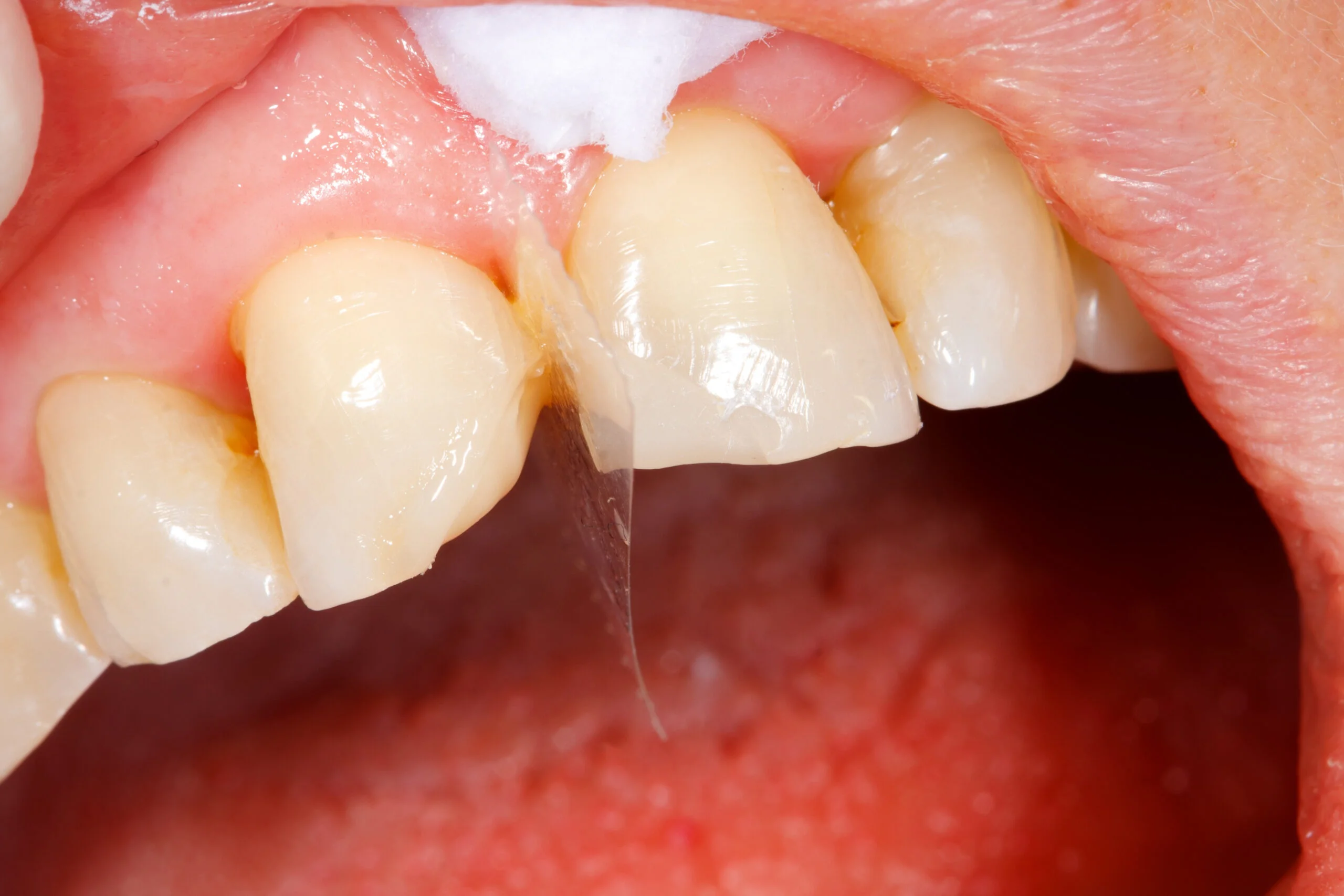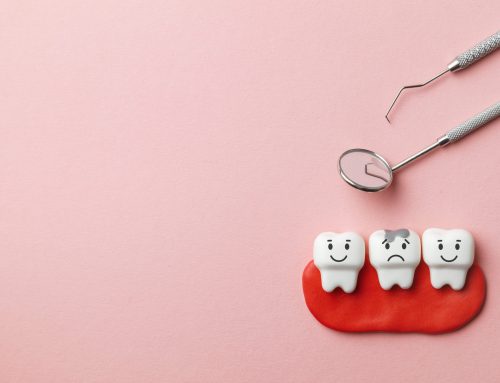At Somerset Dental, we understand that a cracked tooth can be more than just a physical discomfort; it can also be a source of stress and anxiety about your smile. Whether it’s a minor chip or a significant crack, the implications for your oral health can be serious if left untreated. Fortunately, advancements in dental technology have provided us with a range of effective solutions for repairing cracked teeth. This blog will guide you through the various repair options available, from dental bonding to crowns and beyond, helping you make informed decisions about your oral health care.
Understanding Cracked Teeth
Before we delve into the various treatment options available for cracked teeth, it’s essential to understand what causes this common dental issue. Identifying the root causes of cracked teeth not only aids in selecting the appropriate treatment but also plays a crucial role in preventing future occurrences. Let’s explore the primary factors that contribute to the development of cracked teeth and highlight the importance of early intervention.
The Causes of Cracked Teeth
Cracked teeth can result from a variety of factors, including chewing on hard objects, accidents, grinding, and even the natural aging process. Recognizing the cause is the first step in prevention and treatment.
Symptoms to Watch For
Symptoms of a cracked tooth may include pain when chewing, sensitivity to temperature, and discomfort around the gums. In some cases, the crack may be visible to the eye, but often, it requires a professional diagnosis.
Repair Options for Cracked Teeth
Moving from understanding the root causes of cracked teeth to exploring solutions, it’s time to examine the repair options that can restore the integrity and appearance of your smile.
Dental Bonding
Dental bonding is a cost-effective and minimally invasive procedure ideal for minor cracks and chips. Using a tooth-coloured resin, the dentist moulds and shapes the material to restore the tooth’s appearance and function.
The Benefits of Bonding
This method is quick, often completed in a single visit, and can significantly improve the cosmetic appearance of your tooth without the need for more extensive procedures.
Dental Crowns
Dental crowns are preferred for more severe cracks that compromise a tooth’s strength. Crowns act as caps, covering the entire visible portion of the tooth above the gum line.
The Crown Placement Process
Placing a crown typically requires two visits: one to prepare the tooth and place a temporary crown and a second to fit and cement the permanent crown. Here, at Somerset Dental, we offer same day crowns i.e. one visit crowns.
Root Canal Therapy
When a crack extends into the pulp of the tooth, a root canal may be necessary to remove the damaged tissue and prevent infection. This procedure can save the tooth from extraction and alleviate pain.
The Procedure
Root canal therapy involves removing the infected or damaged pulp, cleaning and disinfecting the inner tooth, and then filling and sealing it. A crown is often placed afterward to ensure the tooth’s strength and appearance.
Tooth Extraction and Replacement Options
In cases where the tooth cannot be saved, extraction becomes the only option. However, there are several ways to replace an extracted tooth, which include:
- Dental Implants: A permanent solution that replaces the tooth root with a metal post and adds a crown for a natural look.
- Bridges: A prosthetic tooth that is held in place by crowning the adjacent teeth or by a metal framework.
- Dentures: For multiple missing teeth, partial or full dentures can restore the appearance and function of your smile.
Preventing Future Cracks
After exploring the various options for repairing cracked teeth, it’s equally important to look ahead and consider how to prevent such issues from occurring in the first place. A proactive approach to dental health can significantly reduce the risk of future cracks and other dental problems. By adopting practices such as maintaining good oral hygiene, utilizing mouthguards, and being cautious with dietary choices, you can safeguard your teeth against potential damage. Let’s delve into these preventative measures and understand how they contribute to your smile’s long-term health and strength.
Good Oral Hygiene
Maintaining good oral hygiene, including regular brushing and flossing, can prevent conditions that weaken teeth and lead to cracks.
Use Mouthguards
For those who grind their teeth or engage in contact sports, using a mouthguard can protect teeth from damage.
Avoid Hard Foods
Be mindful of chewing hard foods or objects, as they are common culprits in causing tooth damage.
At Somerset Dental, our commitment is to restore your smile and ensure your oral health is in the best possible condition. With a range of cracked tooth repair options available, from dental bonding to crowns and beyond, we are equipped to address your needs and alleviate any discomfort. Remember, the best treatment depends on the severity and location of the crack, as well as your overall oral health. We encourage you to schedule a consultation with us, where our team can provide a comprehensive examination and discuss the most suitable treatment options for you. Let us help you achieve a healthy, beautiful smile that lasts a lifetime.
Have you ever suffered from a cracked tooth? How did your dentist approach the treatment plan? Share your experience with our readers in the comments below.






Leave A Comment